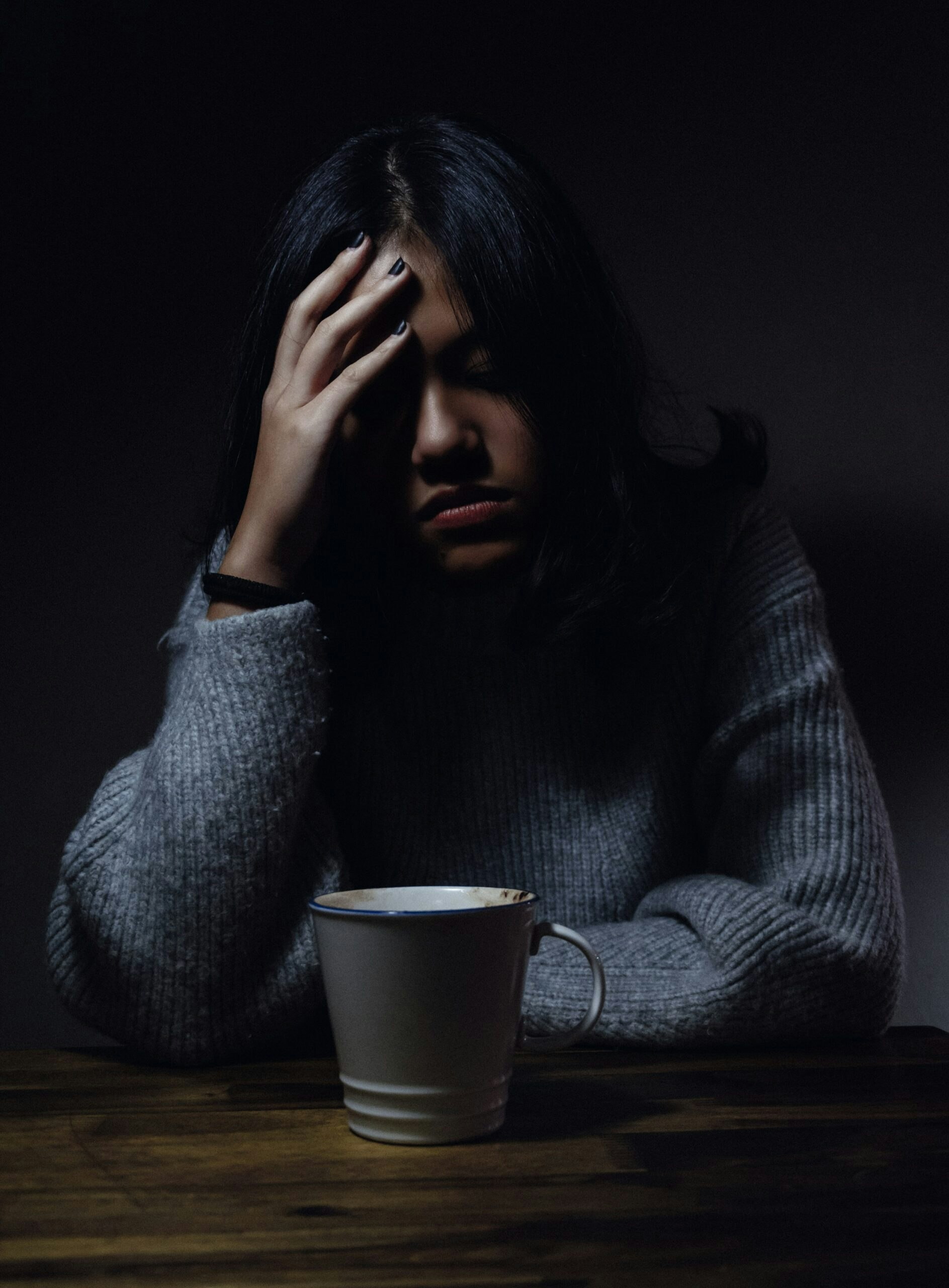How to Deal with Fatigue Caused by Cancer
Oct 10, 2022
Share

Cancer fatigue versus normal fatigue
In general, everyone gets tired. Then, we go to sleep and feel better. Fatigue is an unusual tiredness that can profoundly affect your quality of life. It can last up to several weeks or longer. Cancer fatigue goes beyond that- it affects you physically, emotionally, and mentally. It usually comes on suddenly and no amount of sleep can help restore your energy. It is important to know that you are not suffering alone. Cancer related fatigue affects 80% to 100% of people with cancer.
What causes fatigue in cancer
The exact reason for cancer related fatigue is unknown. However, it may be related to several causes:
- Cancer treatments (chemotherapy, radiation therapy, immunotherapy, bone marrow transplant, and biologic therapy)
- Medications
- Anemia
- Pain
- Decreased Nutrition
- Stress
- Depression
How to recognize when there is a problem
Some symptoms are expected during and following cancer treatments:
- Whole body tiredness
- Decreased energy
- Weakness
- Inability to concentrate
- Lack of motivation
- Increased irritability
- Anxiety
- Insomnia
Talk to your doctor if you experience any of these symptoms persistently for weeks or longer. Your doctor may conduct a physical exam to evaluate the severity of your symptoms. He or she may ask questions to examine the nature of your symptoms. It may also help to keep a journal to track your fatigue and contributing factors.
How to manage cancer related fatigue
Cancer fatigue treatment is managed on an individual basis. However, the first step is to recognize that the problem exists. With the help of your doctor, you can determine the root cause of the problem. After that, an appropriate treatment can be prescribed. There are several actions that experts recommend to help ease your symptoms:
- Blood tests can determine anemia. If you are anemic, your doctor may prescribe iron therapy, blood transfusion, Erythropoiesis-stimulating agents (ESAs), and supplements (B12 and folic acid).
- Talk to your doctor about ways to manage pain. Several medications exist to manage pain. You can also try a non-pharmaceutical approach, such as acupuncture, massage, relaxation techniques, and meditation. OncoPower has a wonderful meditation suite you can use any time.
- Talk to a dietitian. He or she can recommend dietary changes to help improve your appetite and nutritional intake. If your intake is poor because of nausea, there are several treatments available that can help you. You can check out more information about that on this video presentation by our registered dietitian Rachel Spencer.
- Seek mental health support. Therapy can help you manage stress, anxiety, and depression. In-person and online support groups can also help.
- Physical activity is important. It can help improve your quality of life and energy. In fact, according to the American Cancer Society, physical activity may help you cope with side effects of treatment and possibly decrease your risk of new cancers in the future.
Everyone experiences cancer fatigue differently. It may be a common side effect of this illness, but it does not have to affect your life. Talk to your doctor today.
For more information on cancer fatigue management, watch this video presentation by our experts at OncoPower.
Trusted by cancer patients around the world.
Joan-Smith
Virginia, United States
ChuckHastings
Florida, United States
DebraPearl
Pennsylvania, United States
Jennweeks
Iowa , United States
PatrickDW
Western Cape, South Africa
Jamie-Alexander
Floroda United States
CJ
Liz
Florida, United States
NYCynthia
New York, United States
Ferdi
California, United States